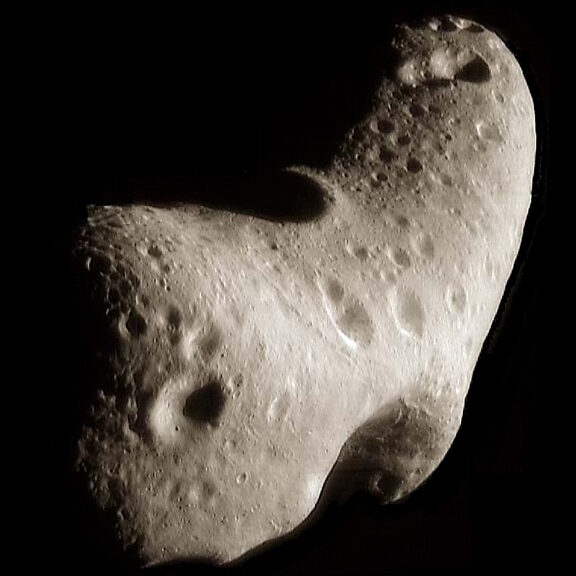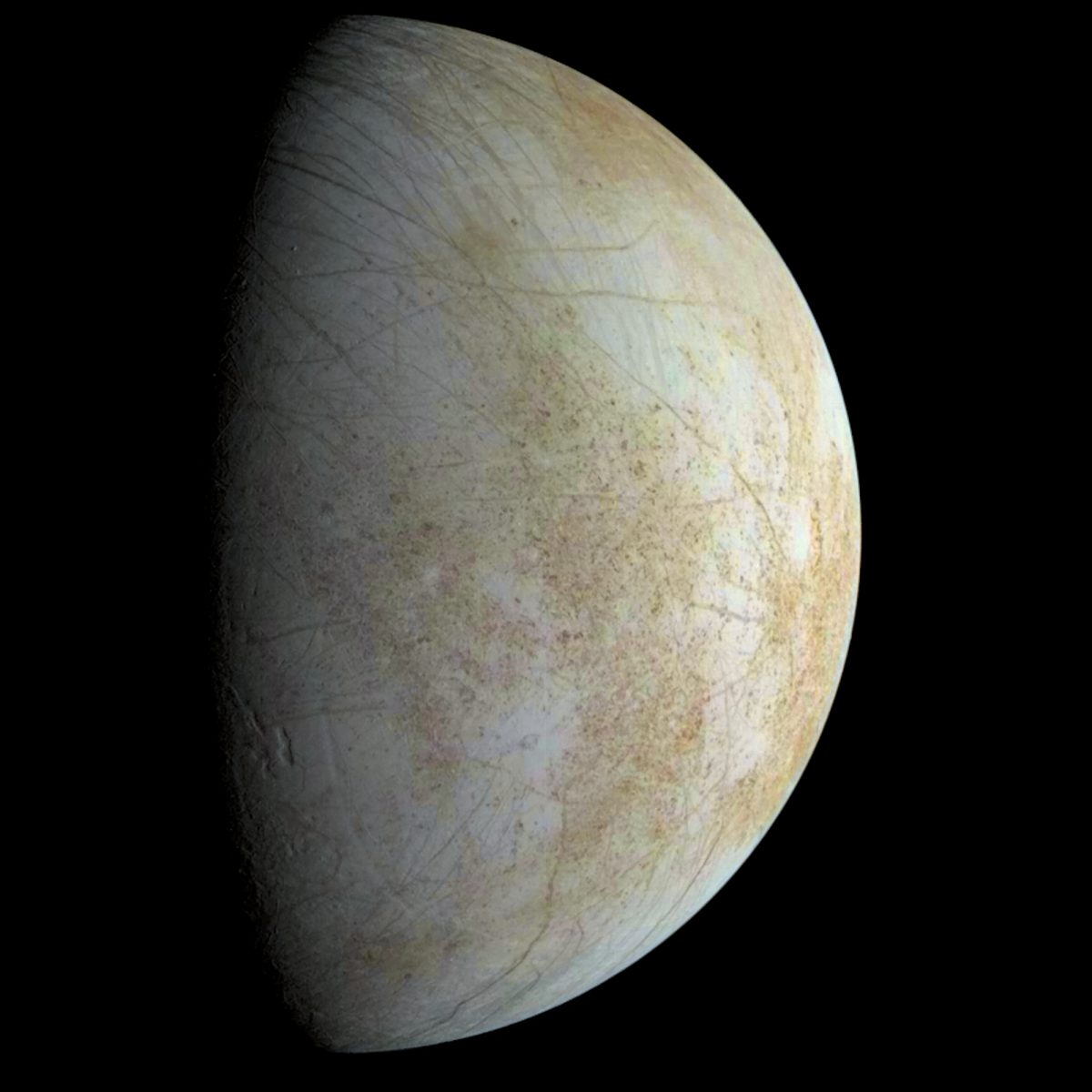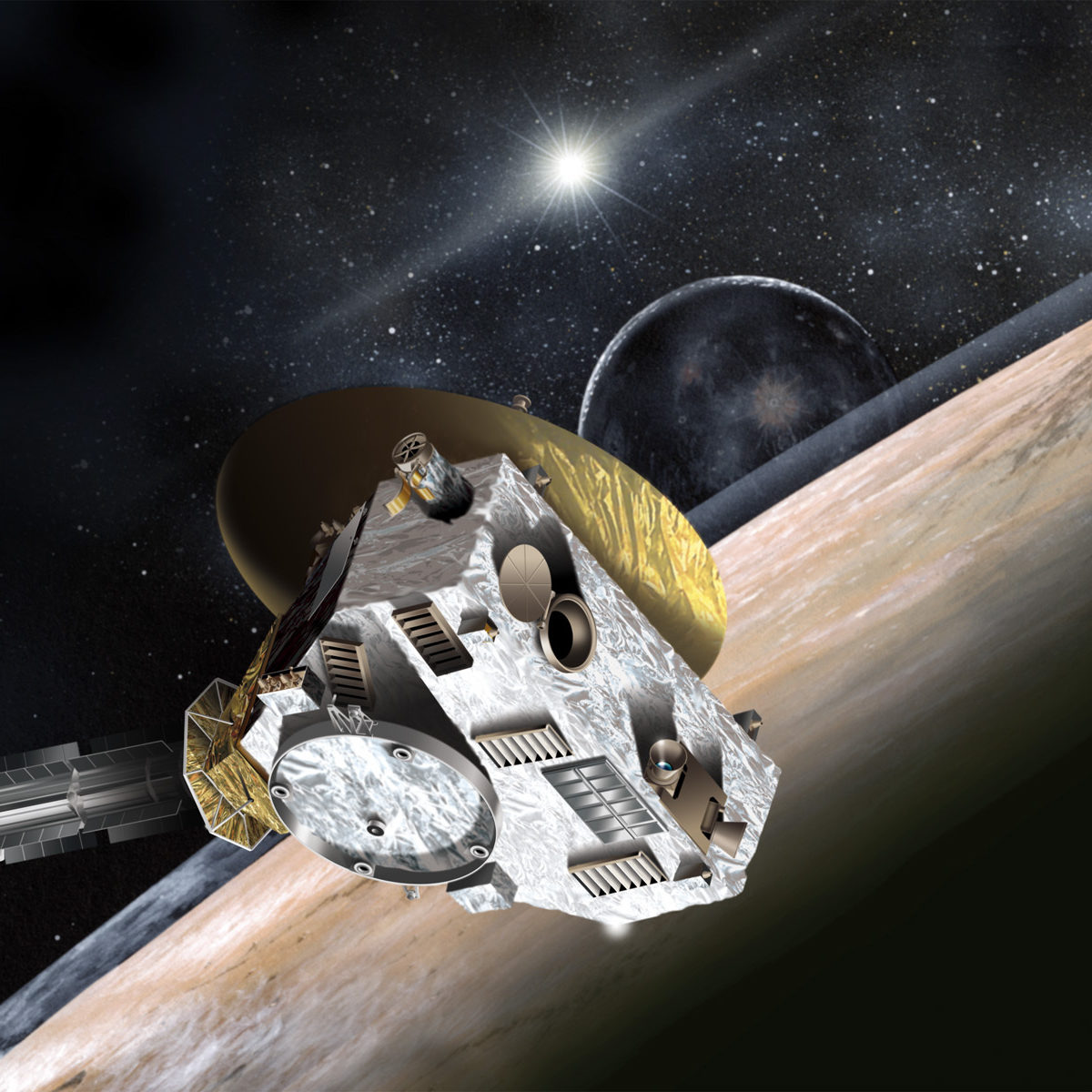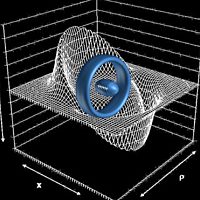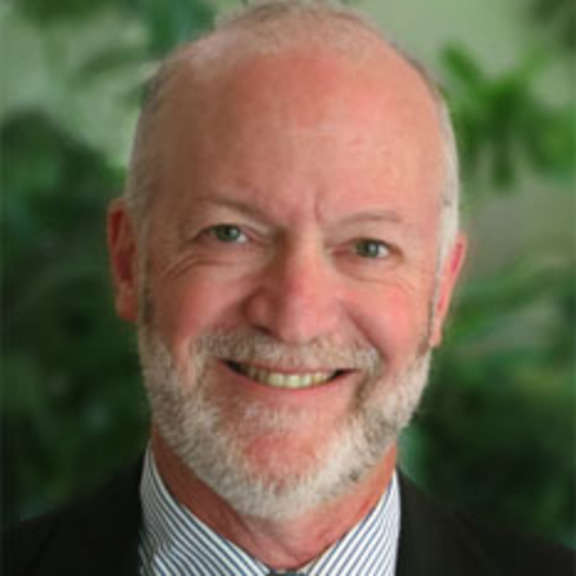Since 2002, Planetary Radio has visited with a scientist, engineer, project manager, advocate, or writer who provides a unique perspective on the quest for knowledge about our Solar System and beyond. The full show archive is available for free.
Search Planetary Radio
Senior Editor Emily Lakdawalla has returned from the Lunar and Planetary Science Conference in Texas with the latest revelations about our solar system. She shares them in an extended report.
6,000 job-seekers came to the new Long Beach, California home of Virgin Galactic’s LauncherOne rocket on a recent morning. We sit down with CEO George Whitesides for a conversation about this new effort and the return of SpaceShipTwo.
Planetary scientist and author Jim Bell has just written “The Interstellar Age—Inside the Forty-Year Voyager Mission.” He talks with Mat Kaplan about the magnificent grand tour of the outer solar system that is now headed toward the stars.
ARM is the Asteroid Redirect Mission, and sometimes it seems that it doesn’t have a friend in the world. But it does, and Jonathan Goff of Altius Space Machines is one.
We’ll visit the Jet Propulsion Lab on its Icy Worlds Day to learn more about spacecraft exploring Ceres, Enceladus and Europa from leaders of these missions.
Robina Shaheen and Mark Thiemens tell us how an ancient Mars meteorite has revealed much about the red planet. Mat holds a tiny fragment of the rock in their UC San Diego lab.
The Planetary Society’s experts look forward to a great year of firsts in the solar system and beyond.
It’s terribly hard to find exoplanets that look like our homeworld. The search requires development of astoundingly powerful and precise instruments. That’s the job Debra Fischer and her team have taken on.
Planetary Scientist Jim Bell of Arizona State University joined other experts in front of the US House of Representatives Space Committee on September 10th. Get his report this week.
Inspired by Star Trek, distinguished physicist Miguel Alcubierre developed the general relativity-based model for warp drive 20 years ago. Hear why he doubts it will ever be a reality, and learn about his current research on gravitational waves.
Planetary Radio visited Spacefest in Pasadena to talk with planetary scientist and space artist Dan Durda, Marc Rayman of the Dawn asteroid mission, and a guy who calls himself the Space Cowboy. We also eavesdrop on Apollo 17 Commander Gene Cernan and his lifelong fan, Griffith Observatory Curator Laura Danly.
Finally found: an Earth-sized planet in the habitable zone. You’ll hear lead scientist Elisa Quintana make the announcement. Then OSIRIS REx mission Principal Investigator Dante Lauretta will tell us how the spacecraft will return a sample of material from the birth of the solar system.
Astronomers Jay Pasachoff and Alex Filippenko join us for a conversation about their newest version of their monumental textbook,
24 spacecraft are either busy exploring the solar system or speeding toward an exciting destination. The Planetary Society's Senior Editor takes us on a whirlwind advance tour.
Take a spacecraft that can no longer survey the realm of galaxies and repurpose it to discover thousands of much nearer asteroids and comets. Put it to sleep for 2.5 years, then wake it up and start discovering even more! JPL’s Amy Mainzer is Principal Investigator for NEOWISE, the mission using this amazing space telescope.
The Planetary Society’s Senior Editor and Planetary Evangelist recaps this year’s revealing meeting of the Division for Planetary Sciences (DPS).
The Mars Atmosphere and Volatile Evolution Mission (MAVEN) orbiter leaves for the red planet in November of 2013. Bruce Jakosky of the University of Colorado Boulder is its Principal Investigator. Mat Kaplan sat down with Bruce at a recent MAVEN workshop.
There’s a place to go when you find a space rock headed our way, or headed any which way. Tim Spahr directs the Minor Planet Center, the global clearinghouse for all information about asteroids, comets and other relatively small bodies like moons.
Amanda Hendrix looks for and studies water in our solar system, where it has been found in surprising locales. Earth's moon, for instance. She talks about Luna’s ice and the weathering of its ancient surface.
The director and cast of Star Trek: Into Darkness meet up with real space travelers. Also: Planetary science funding from NASA is in trouble, so a delegation led by Bill Nye the Science Guy descended on Washington DC last week to sound the alarm. Planetary Society Advocacy chief Casey Dreier provides a report, and comments on the Society’s support for NASA’s Asteroid Retrieval Mission.


 Explore Worlds
Explore Worlds Find Life
Find Life Defend Earth
Defend Earth





